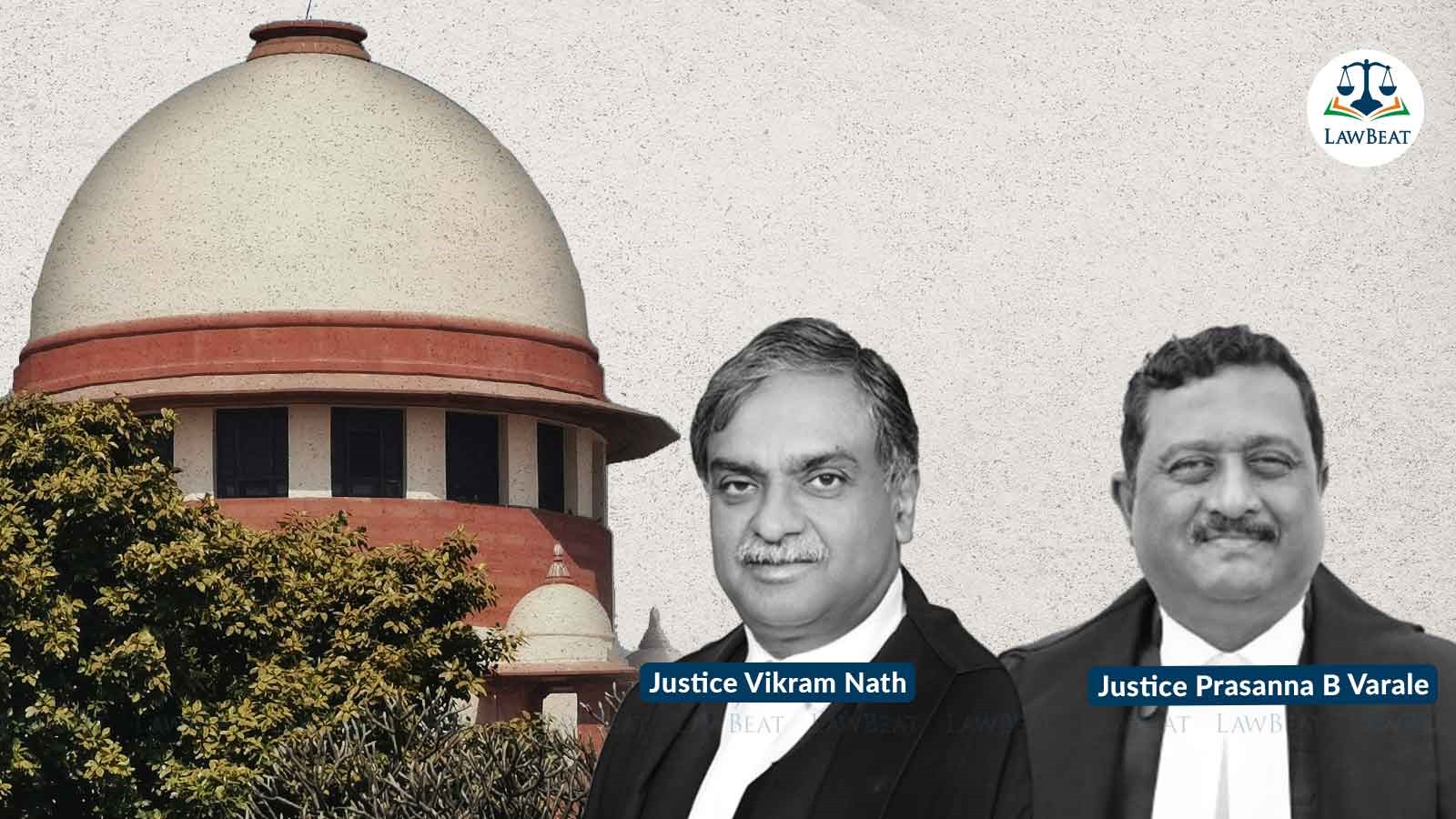Imperative for government departments to provide fair, stable employment: SC

Court has said it is regrettable that principles laid down by it are often misinterpreted or misapplied to deny legitimate claims of long-serving employees
The Supreme Court has said it is imperative for government departments to lead by example in providing fair and stable employment since engaging workers on a temporary basis for extended periods, especially when their roles are integral to the organisation's functioning, not only contravenes international labour standards but also exposes the organisation to legal challenges and undermines employee morale.
A bench of Justices Vikram Nath and Prasanna B Varale said by ensuring fair employment practices, government institutions can reduce the burden of unnecessary litigation, promote job security, and uphold the principles of justice and fairness that they are meant to embody.
"This approach aligns with international standards and sets a positive precedent for the private sector to follow, thereby contributing to the overall betterment of labour practices in the country," the bench said.
The court made the suggestion while allowing an appeal by a group of four workers, who were engaged by the Central Water Commission here on part time and ad hoc terms as safaiwali and khalasi in late 1990s and 2004, whose services were terminated in 2018.
"It is a disconcerting reality that temporary employees, particularly in government institutions, often face multifaceted forms of exploitation. While the foundational purpose of temporary contracts may have been to address short-term or seasonal needs, they have increasingly become a mechanism to evade longterm obligations owed to employees," the bench said.
The court highlighted these practices manifested in several ways like misuse of temporary labels, arbitrary termination, lack of career progression, using outsourcing as a shield and denial of basic rights and others.
Court further pointed out government departments often cited this judgment to argue that no vested right to regularisation exists for temporary employees, overlooking the judgment's explicit acknowledgment of cases where regularisation is appropriate.
"This selective application distorts the judgment's spirit and purpose, effectively weaponising it against employees who have rendered indispensable services over decades," it said.
In the case, the court noted the appellants’ long and uninterrupted service, for periods extending well beyond ten years, cannot be brushed aside merely by labelling their initial appointments as part-time or contractual. The essence of their employment must be considered in the light of their sustained contribution, the integral nature of their work, and the fact that no evidence suggests their entry was through any illegal or surreptitious route, it added.
"Despite being labelled as “part-time workers,” the appellants performed these essential tasks on a daily and continuous basis over extensive periods, ranging from over a decade to nearly two decades. Their engagement was not sporadic or temporary in nature; instead, it was recurrent, regular, and akin to the responsibilities typically associated with sanctioned posts. Moreover, the respondents did not engage any other personnel for these tasks during the appellants’ tenure, underscoring the indispensable nature of their work," it also noted.
Top Court thus rejected the claim by the respondents Union government and others that these were not regular posts as lacking merit, as the nature of the work performed by the appellants was perennial and fundamental to the functioning of the offices.
"The recurring nature of these duties necessitates their classification as regular posts, irrespective of how their initial engagements were labelled. It is also noteworthy that subsequent outsourcing of these same tasks to private agencies after the appellants’ termination demonstrates the inherent need for these services. This act of outsourcing, which effectively replaced one set of workers with another, further underscores that the work in question was neither temporary nor occasional," it said.
The bench also said the abrupt termination of the appellants’ services, following dismissal of their original application before the Central Administrative Tribunal, was arbitrary and devoid of any justification. The termination letters, issued without prior notice or explanation, violated fundamental principles of natural justice.
